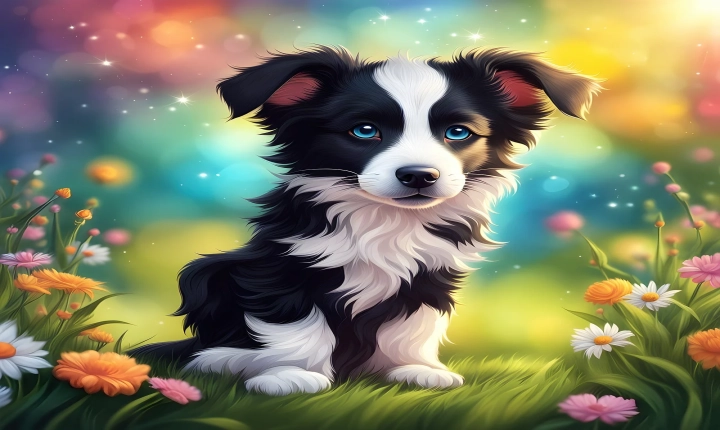Is AI-Generated Content Derivative Work? Exploring the Legal and Ethical Implications
The advancements in artificial intelligence (AI) and machine learning have revolutionized the way content is created. AI systems can now generate a wide array of content, including articles, music, art, and even code. However, the legal and ethical implications of AI-generated content, especially in the context of derivative works, raise important questions about intellectual property rights and ownership.
Derivative work, as defined by copyright law, refers to a new, original creation that is based on a pre-existing work. This can include adaptations, translations, and transformations of the original work. In the case of AI-generated content, the question arises as to whether the output of AI systems can be considered derivative work, and if so, who holds the copyright on such content.
One of the key factors in determining whether AI-generated content is considered derivative work is the level of human input involved in the process. In traditional creative endeavors, the individual or group responsible for creating the derivative work must have demonstrated a certain degree of creativity and originality in their adaptation of the original work. However, in the case of AI-generated content, the creative input largely comes from the training data and algorithms programmed into the AI system.
This raises the question of whether AI can be considered a “creator” in the legal sense, and whether the content it produces can be deemed original and creative. If AI-generated content is considered a derivative work, the rights and responsibilities regarding copyright ownership become complex. Should the creators of the AI model or the owners of the training data be considered the copyright holders? Alternatively, should the creators or users of the AI system be considered the authors of the content it generates?
Furthermore, another aspect to consider in the context of AI-generated derivative works is the potential for infringement on the original creator’s rights. If an AI system produces content that is deemed to be a derivative work of a pre-existing copyrighted work, does it require permission from the original creator or rights holder? While AI-generated content may be created with no malicious intent, it can still raise concerns pertaining to fair use, transformative nature, and the potential for market substitution.
Ethically, the use of AI-generated content as derivative works also raises questions about attribution, moral rights, and the impact on human creators. How should credit be assigned to the creators of the original work, the owners of the AI system, and the individuals or entities using the AI-generated content? Additionally, what are the implications for the livelihoods and creative expression of human artists, writers, and creators if AI systems are producing derivative works without their direct involvement?
As these questions continue to provoke debate, it is evident that there is a pressing need to address the legal and ethical implications of AI-generated content as derivative works. It is essential to develop clear guidelines and regulations that strike a balance between fostering innovation and creativity while respecting the rights of creators and original copyright holders.
In conclusion, the emergence of AI-generated content presents complex challenges in the realm of derivative works. The legal and ethical implications require careful consideration to ensure that copyright law and intellectual property rights continue to evolve in a way that accommodates technological advancements while safeguarding the interests of human creators. As the capabilities of AI continue to evolve, the need for a thoughtful and forward-thinking approach to addressing these issues becomes increasingly urgent.
